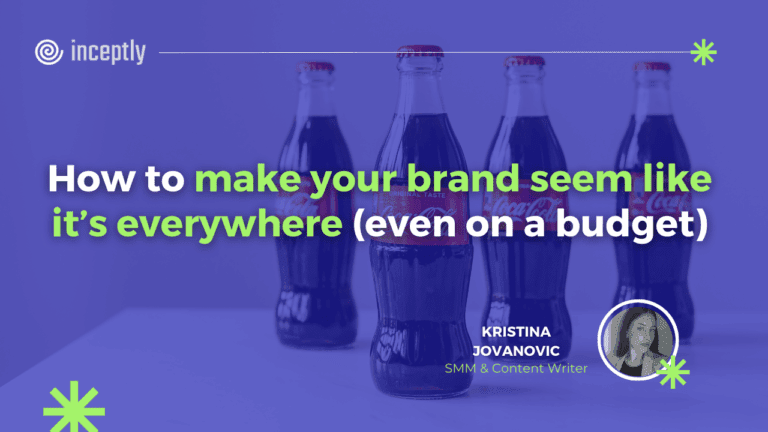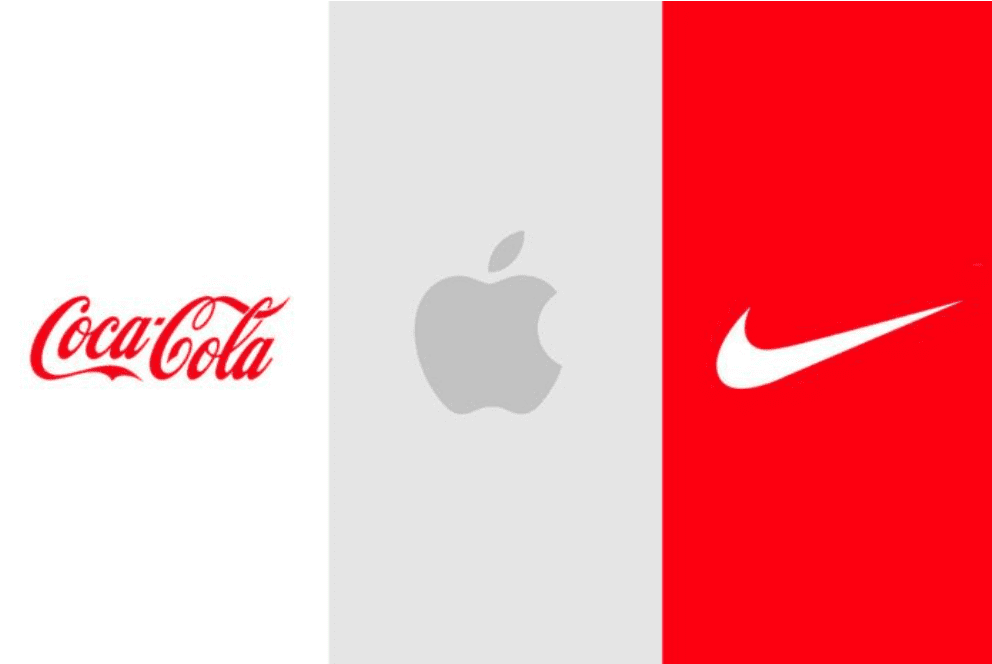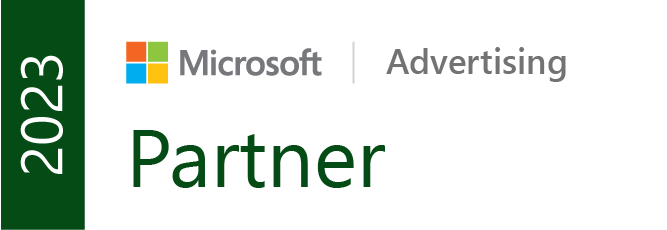
You’re watching a YouTube video, and suddenly this pops up:
“If you want to eat healthy and feel your best… you’ve got to try Kachava.”
An ad that seems pretty smooth and clean.
It’s followed by a smiling man blending up what looks like the world’s healthiest dessert.
You skip it.
…but then you see this ad again.
And again.
And now? You’re noticing the brand Ka’Chava on Instagram, in Reddit threads, YouTube pre-rolls, and Amazon reviews — everywhere.
Some might say this only has to do with a massive budget – this ad has over $2.1M in estimated spend, and it’s not the only one:
Although having big budgets is a huge plus (obvious), there’s a very powerful phenomenon behind it that has a lot to do with the success of a brand like this one (not so obvious):
It’s The Baader-Meinhof Phenomenon — aka Frequency Illusion.
In this article, I’ll break down what makes brands like Ka’Chava feel so omnipresent, and more importantly:
How you can recreate this psychological effect for your own YouTube ads (even if you’re not spending millions or thousands of $$$!!).
Want to brainstorm with our team on new ways to scale your business with YouTube Ads (and other performance video platforms)?
Join us for a free YouTube ad brainstorming session👇
Let’s dig in!
What is the Baader-Meinhof Effect (a.k.a. Frequency Illusion)?
The Baader-Meinhof Phenomenon kicks in when you encounter something new — and then suddenly start noticing it everywhere.
It is a cognitive bias in which a person notices a specific concept, word, or product more frequently after recently becoming aware of it1.

You’ve definitely experienced the Baader-Meinhof effect yourself before, without even knowing it, and not only in the sphere of the YouTube ads – huge brands such as Coca-Cola, Apple and Nike are great examples of this phenomenon – they seem to be in-your-face all the time, absolutely everywhere, which easily makes them seem like a trusted choice, right?
It’s not that the product necessarily suddenly appeared more.
It’s that your brain is now primed to notice it.
⚡ You saw it once.
⚡ Now it feels ubiquitous.
⚡ And that perception builds authority, familiarity, and trust.
For direct response marketers, this is pure gold.
Because while most brands scramble for more impressions…
You can use this to create the feeling of scale, even on limited budgets.
Why this works (even better on YouTube)
When someone watches your YouTube ad — even for a few seconds — it plants a seed.
What happens next?
They begin to notice you more in other contexts:
• Your remarketing ad on Meta
•Your brand name in an email subject line
•A YouTube comment on your VSL
•Your logo in a pre-roll again
And suddenly… you feel like a big deal.
That’s Frequency Illusion in action.
The best part? It costs less than you think.
Practical example
Here’s exactly how you apply the Baader-Meinhof effect with DR intent:
🧩 Step 1: Hook them on YouTube
Run a skippable in-stream ad with a curiosity-heavy first 5 seconds. That initial impression is all you need to trigger the effect.
🧩 Step 2: Retarget across placements
Retarget viewers who watched just 10+ seconds. Hit them on YouTube again, but also Facebook, IG, Gmail, and Display — all using the same phrase, packaging, or face.
🧩 Step 3: Repeat signature assets
Re-use 1-2 unique visuals or phrases in every touchpoint. Familiarity is what makes the illusion stick.
🧩 Step 4: Make them feel like they discovered you
Layer in an organic-seeming ad — maybe a UGC video, a “screenshot of a tweet,” or a comment-style ad. This primes them to believe others are talking about you too.
Result?
The user thinks: “This brand is everywhere lately. Maybe it’s a sign I should try it.”
Which is exactly what we want.
Why this matters for performance marketers
We’ve all heard the old stat: it takes 7+ touches before someone buys.
But what matters even more than repetition is recognition.
With the Baader-Meinhof effect, you don’t need to chase CPMs — you just need to make the first impression memorable enough that every future touch feels amplified.
This is especially useful when:
You’re launching a new product
You’re scaling a campaign across platforms
You want to feel everywhere without blowing your budget
TL;DR – You don’t need to be everywhere. You just need to make it feel that way.
The Baader-Meinhof Effect turns a single touchpoint into a psychological ripple.
It turns “Who are they again?” into “Wow, I’ve been seeing this everywhere.”
And when your audience feels that…
Their resistance drops.
Your credibility spikes.
And that “Yes” comes a whole lot faster!
Bonus tip:
Want to engineer this for your next YouTube ad sequence?
Use the same color scheme, tagline, and face across all creative — even your organic content. This dramatically increases recognition velocity and primes the Frequency Illusion faster.
Want to brainstorm with our team on new ways to scale your business with YouTube Ads (and other performance video platforms)?
Join us for a free YouTube ad brainstorming session:
Want more content like this?
Don’t miss out on the latest news and updates from the world of Direct Response advertising! Subscribe to our newsletter today 👇

Kristina Jovanovic, Social Media Manager & Content Writer
Fascinated by human behavior, Kristina graduated with a degree in Psychology and joined our agency to put her knowledge to good use as a Media Buyer. She later transitioned into her current role, where she draws on her knowledge of the human psyche and marketing strategy, as well as hands-on experience in creative development and media buying at Inceptly, to share useful insights with our readers.
Like this post? Let's continue the conversation!
Get in touch with us by shooting us a quick email or tagging us on LinkedIn or Instagram, and sharing your thoughts. Your feedback helps us keep our blog relevant and interesting.
Get Our Newsletter
Need Help?
Get in touch with us for an insightful evaluation of your ads + actionable tips to help amp up your direct response revenue






